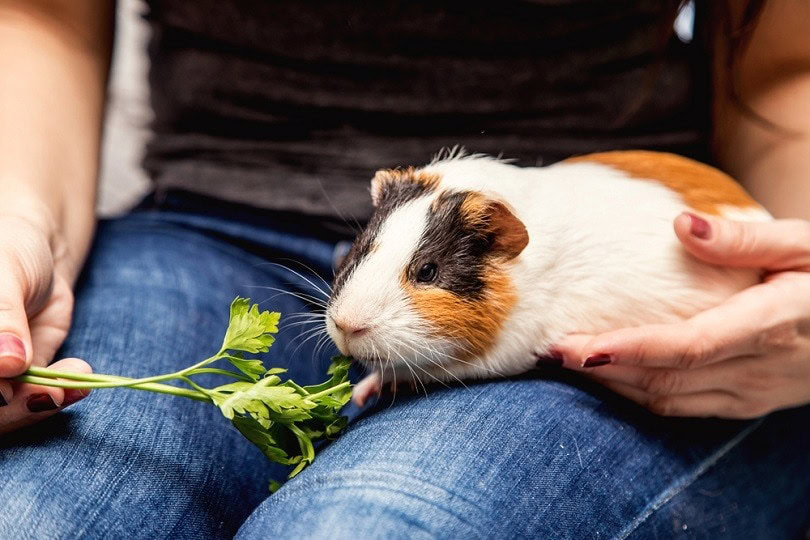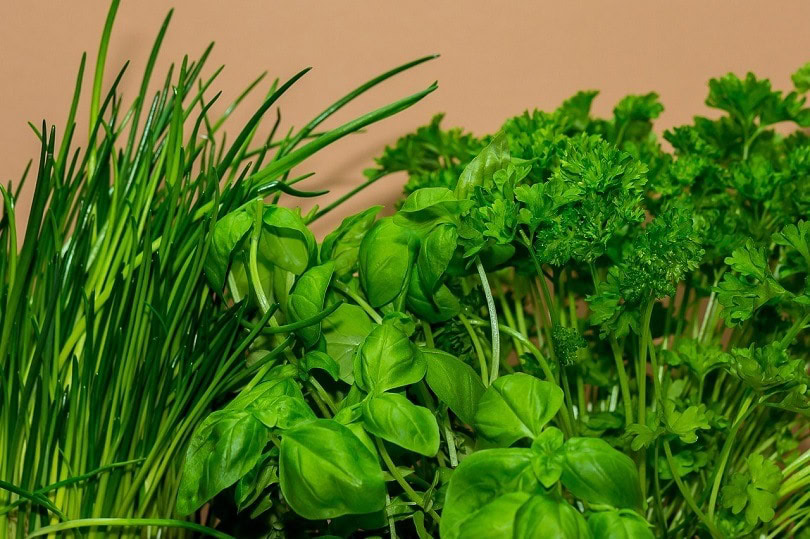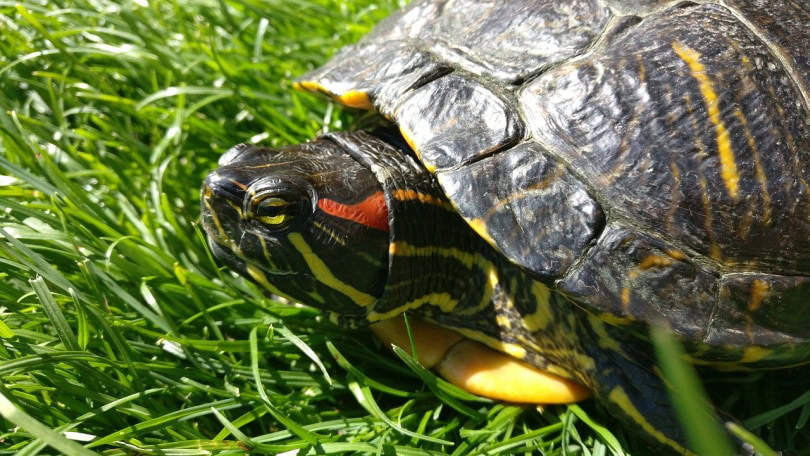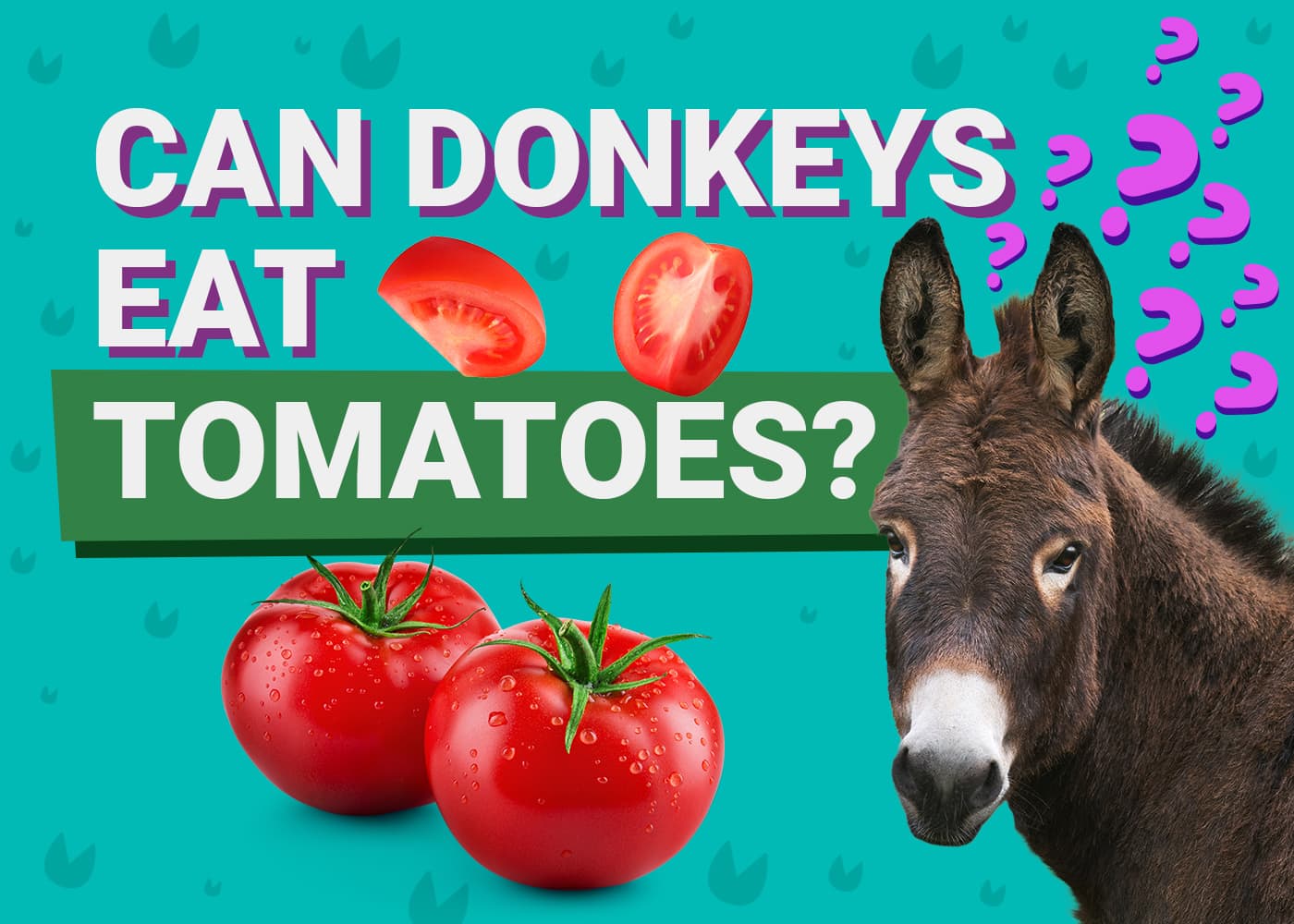VET APPROVED

The information is current and up-to-date in accordance with the latest veterinarian research.
Learn more »Parsley is a staple in kitchens the world over. It is rich in vitamins and minerals like vitamins A, B, and C, as well as potassium and various flavonoids. As a guinea pig owner, it might have crossed your mind to feed parsley to your piggy so they, too, can enjoy the benefits. But is it a good idea to feed parsley to guinea pigs?
Yes, guinea pigs can eat parsley, and you can feed it to your pet in moderation since it contains nutrients that are essential to guinea pigs. However, the keyword here is “moderation,” as too much parsley can damage a guinea pig’s health. Here is everything you need to know about guinea pigs and parsley.
Benefits of Feeding Parsley to Guinea Pigs

- Vitamin A
Vitamin A benefits your guinea pig’s general health and the maintenance of their eyesight, skin, proper growth, and immune function. Parsley has high amounts in the form of β-Carotene, though it should be noted that guinea pigs don’t utilize this form of vitamin A efficiently. Therefore, while beneficial, parsley shouldn’t be your guinea pig’s sole source of vitamin A.
- Vitamin C
Like humans, guinea pigs cannot synthesize vitamin C. As a result, they are highly susceptible to issues resulting from a vitamin C deficiency, such as scurvy. This vitamin also fortifies the immune system, boosting a guinea pig’s disease resistance.
- Vitamin K
Vitamin K promotes faster wound healing by enhancing the rate of blood clotting. However, guinea pigs maintained on pellets seem to have sufficient amounts of vitamin K, so this benefit is relatively minimal.
- Calcium
Parsley is incredibly rich in calcium, which is vital in developing teeth and bones. A guinea pig’s incisors never stop growing, meaning this animal needs lots of calcium to sustain that growth.
- Antioxidants
As mentioned, parsley is rich in flavonoids, as well as other antioxidants. Like vitamin C, antioxidants strengthen the immune system.

When Is Parsley Bad for Guinea Pigs?
While parsley is great for guinea pigs, feeding too much to a guinea pig can be detrimental to their health due to its high calcium content.
In excess, calcium can cause bladder stone formation. The underlying causes of bladder stones in guinea pigs are not completely understood but are likely associated with a genetic predisposition or a high-calcium diet.

Feeding Parsley to Your Guinea Pig
As with all herbs, moderation and variety are essential when feeding them to your guinea pig. If appropriately portioned and mixed with other healthy greens, parsley can be fed to your guinea pig every day. Guinea pigs are herbivores that do best on a pelleted diet made specifically for them, along with an unlimited amount of high-quality hay.
Examples of appropriate hay for guinea pigs include timothy, orchard, grass, and oat hay. Hay and pellets should form the bulk of their diet (approximately 80%–90%). In addition, guinea pigs require a daily serving of fresh, leafy vegetables, comprising only around 10% of their daily intake. Two or three parsley sprigs alongside other vegetables, such as red bell peppers and kale, are recommended over just giving your guinea pig parsley on its own.

Wrapping Up
Parsley is one of the most nutritious herbs in the world. It is laden with a host of invaluable minerals and vitamins that promote better health. Fortunately, guinea pigs can also eat this herb and enjoy the same benefits. However, moderation is vital, as too much parsley can be hazardous to guinea pigs.
Related Reads:










